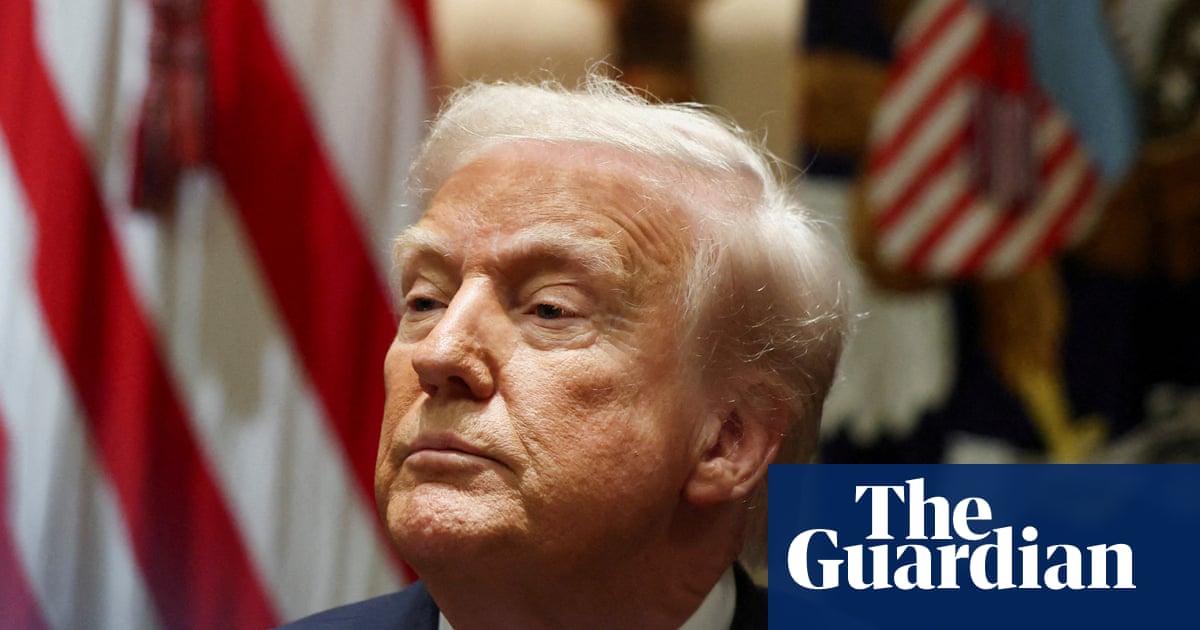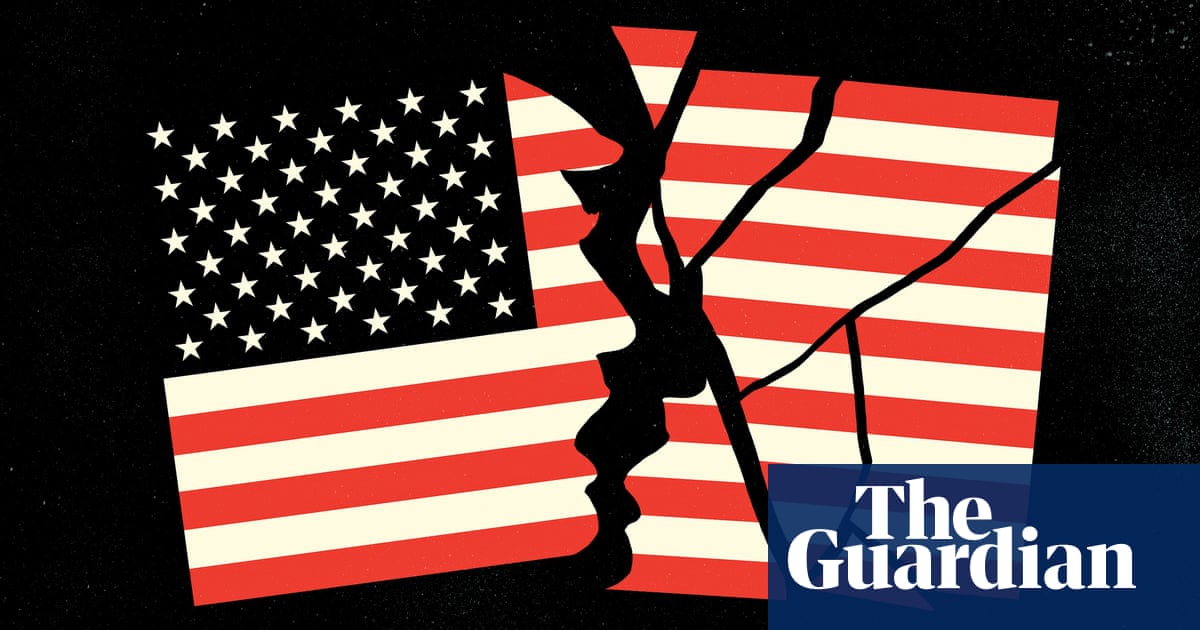When the editor-in-chief of the Atlantic, Jeffrey Goldberg, was added to a group chat of the most senior politicians in the United States discussing a bombing mission in Yemen, one of the questions to arise was why they were using Signal, which is not approved by the US government for sharing such sensitive information.
With Signalgate having dominated a turbulent week in US politics, here is everything you need to know about the app at the centre of the scandal.
What is Signal?
The messaging platform is known for its end-to-end encryption, which makes it the gold standard for safety among those that are commercially available.
Prof Benjamin Dowling, who researches cryptography at King’s College London, said Signal and WhatsApp use the same end-to-end encryption protocol – known as the Signal protocol – as the basis for their secure communication. It means nobody apart from the sender and receiver can access messages, including Signal and WhatsApp.
Privacy is at the heart of Signal’s business model, and its chief executive, Meredith Whittaker, has been a vocal proponent.
Is it more secure than other messaging apps?
For most people, Signal is “very secure”, said Prof Alan Woodward, a cybersecurity expert at the University of Surrey. “If somebody were to try to intercept messages sent on Signal, then they would not be able to decrypt it.”
Signal is considered more secure than WhatsApp because it is open source, so researchers can audit it. Also, unlike WhatsApp, Signal does not collect any metadata, such as information about the duration and location of calls and messages.
Both Signal and WhatsApp offer a functionality known as key transparency, which gives people a means of identifying that the person they are communicating with is who they say they are through the use of public keys, which are posted to a public log that can be universally audited.
If you use this functionality, in theory, this should mean you need never risk adding the wrong person to a group chat. “I think it’s clear the people [the US politicians] who’re in this chat did not do this,” said Dowling, adding: “Even as a cryptography nerd, I don’t do this as a matter of standard practice.”
Woodward said all national security-related communications must meet three requirements: confidentiality – that they are secret; integrity – that nobody has intercepted and altered them; and authenticity – that you know exactly who you are communicating with.
Personal devices do not meet this test, he said, because it is impossible to be certain that no spyware has been downloaded.
Officials must instead use officially approved intelligence-communications systems, which may use different networks according to the level of security classification, and will only connect them to authorised people and places around the world.
This is usually accessed in secure rooms with official phones, or in the absence of these, an SCIF – a sensitive compartmented information facility. These structures are set up wherever senior officials go, often within a Faraday cage that blocks electromagnetic fields, with secure lines and radio equipment.
What are Signal's flaws?
A report published by Google in February revealed Russian “state-aligned threat actors” had exploited Signal’s “linked devices” functionality, which enables people to read their messages on laptops and tablets as well as their phone by connecting them through a QR code. Phishing operations had been used to circulate malicious QRs masked as legitimate Signal communications.
Why are politicians using such apps?
These apps are not permitted by either the US or UK government for sensitive communications because no amount of encryption can prevent human error, such as adding the wrong person into a chat.
However, they are sometimes used informally – possibly for convenience or to circumvent transparency and record-keeping rules.
Signalgate has echoes of the “government by WhatsApp” scandal that occurred during the Covid pandemic in the UK, in which senior ministers discussed crises on their personal phones. The then prime minister, Boris Johnson, and Scotland’s then first minister, Nicola Sturgeon, told the Covid inquiry that messages sent during crises were deleted.
“It means the transparency of government decision-making is not there and we’re losing it. That, to me, seems dangerous,” said Woodward.

 German (DE)
German (DE)  English (US)
English (US)  Spanish (ES)
Spanish (ES)  French (FR)
French (FR)  Hindi (IN)
Hindi (IN)  Italian (IT)
Italian (IT)  Russian (RU)
Russian (RU)  3 days ago
3 days ago
























Comments